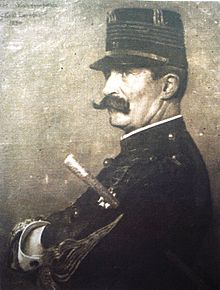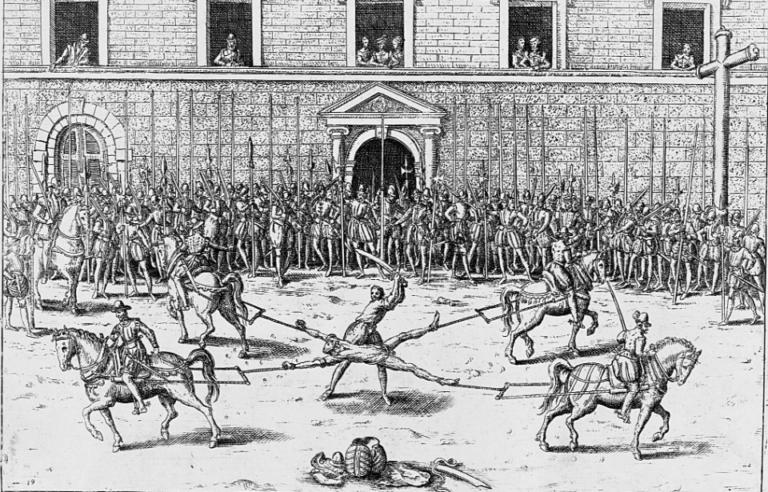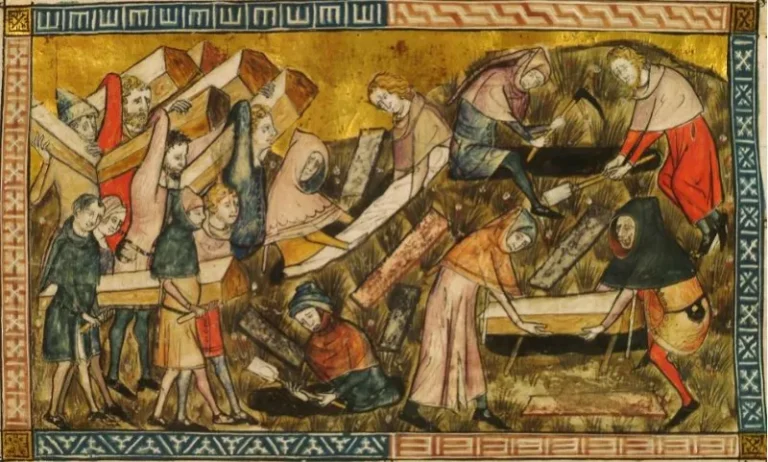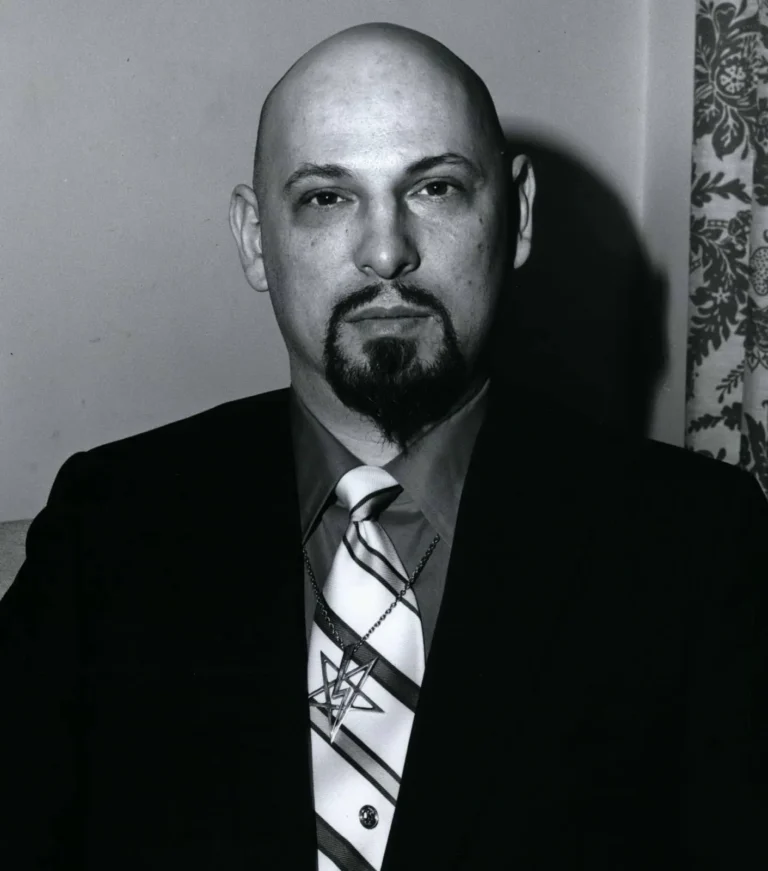Jules Brunet: The French Officer Behind the ‘Last Samurai’ Legend
Jules Brunet’s name resonates with both French military tradition and Japanese history. His story is often overlooked in Western history but remains an essential part of the narrative during the transition period of Japan’s Meiji Restoration. Brunet, who was instrumental in assisting the Tokugawa shogunate during the Boshin War, represents more than just a foreign military advisor—he symbolizes a bridge between two vastly different cultures during one of Japan’s most turbulent eras.
The French Expedition to Japan
When Jules Brunet first embarked on his journey to Japan, he had little idea of the monumental role he would play in the nation’s history. The mid-19th century was a time of significant upheaval as Japan faced internal conflict between the ruling Tokugawa shogunate and forces loyal to the emperor. The French government saw an opportunity and dispatched a military mission to Japan to help modernize its army, positioning itself as an ally to the Tokugawa regime.
Brunet, then an artillery officer, was among the group of French soldiers sent to Japan in 1867. Their objective was clear: train the shogunate’s forces in modern warfare techniques, providing strategic guidance and supporting the Tokugawa during the looming civil war. France, which had itself undergone political upheaval, viewed this mission as a chance to establish closer relations with an emerging power in East Asia. Jules Brunet, with his profound military expertise, was thrust into the heart of this transformative period.
- Why it matters: Brunet’s role in this expedition marked the beginning of his close connection to Japan and ultimately led to his involvement in one of the country’s most significant civil wars.
Brunet’s Role in the Boshin War
The Boshin War, which began in 1868, was a crucial turning point for Japan. The conflict arose from tensions between the imperial forces, who wanted to restore power to the emperor, and the shogunate’s army, which resisted losing its long-held dominance. For Jules Brunet, the war presented an unexpected challenge: he was now tasked with defending a foreign government from collapse.
Brunet’s military knowledge became invaluable as he advised the shogunate’s forces during key battles. His leadership in artillery tactics proved crucial in delaying the advances of the imperial army, even though the shogunate was ultimately outmatched. Brunet’s loyalty to the Tokugawa was evident—despite the odds, he chose to remain with them when other foreign advisors had left.
“I will not desert the army I have trained, nor abandon the cause to which I have given myself.”
Despite the inevitable defeat of the Tokugawa, Brunet’s tenacity and skill earned him immense respect. Even after the fall of Edo, the capital, he continued to support the remaining samurai forces, joining them as they retreated to the northern island of Hokkaido.
The Fall of the Shogunate and Brunet’s Defiance

As the imperial forces closed in on the shogunate, it became clear that the war was turning in favor of the emperor. However, Jules Brunet refused to concede. Along with several samurai loyal to the Tokugawa, Brunet fled north to Hokkaido, where they formed the short-lived Republic of Ezo. This bold attempt to preserve the samurai way of life in the face of modernization was a testament to Brunet’s commitment.
The Republic of Ezo, though destined to fail, represents a significant moment in Japanese history. Brunet, now a top military figure in Ezo, helped organize the defense of the new republic. His efforts were valiant but ultimately unsuccessful; in 1869, imperial forces overwhelmed the samurai, marking the final defeat of the Tokugawa shogunate.
- Why it matters: Brunet’s defiance symbolizes the dying embers of the samurai era. He became a symbol of foreign loyalty to the samurai cause, staying with them until the bitter end.
Jules Brunet’s Legacy in Japan
Even though the Tokugawa shogunate fell, Jules Brunet’s influence in Japan lived on. His work modernizing the shogunate’s army left a lasting impact on Japan’s military structure, which would later adapt and evolve into the Imperial Japanese Army.
Many historians credit Brunet’s efforts as foundational in shaping Japan’s understanding of modern warfare, merging traditional samurai combat techniques with European military tactics. His presence in Japan during this pivotal era marks him as a critical figure in the country’s transformation from a feudal state to a modern imperial power.
- Brunet’s impact: His training methods laid the groundwork for Japan’s future military successes.
- His legacy: He remains a figure of respect among Japanese historians, remembered for his unwavering loyalty to his allies.
The Connection to ‘The Last Samurai’ Film
For many, the story of Jules Brunet might sound familiar, especially to those who have seen the 2003 film “The Last Samurai” starring Tom Cruise. While the movie is a work of fiction, the character of Captain Nathan Algren is loosely based on the real-life Jules Brunet.
There are, however, significant differences between the film and history. For one, Brunet was not an American soldier but a French officer. While the film romanticizes the samurai’s struggle against modernization, Brunet’s story is more nuanced. He was not a warrior trying to preserve an ancient tradition but a foreign advisor helping his allies transition into a new era. The fictionalized account glosses over the complex political and cultural dynamics that Brunet navigated during his time in Japan.
“The Last Samurai” has popularized a myth that simplifies the historical reality. In truth, Jules Brunet was a much more layered figure.
Jules Brunet’s Return to France

After the fall of the Republic of Ezo, Brunet was captured by imperial forces and sent back to France. Despite his defiance in Japan, he was not punished upon his return. Instead, he resumed his military career, eventually rising to the rank of general in the French army.
- His career in France: After his time in Japan, Brunet served with distinction in the Franco-Prussian War and continued to influence French military doctrine.
- Legacy in France vs Japan: While Jules Brunet remains a lesser-known figure in French history, his contributions to Japan have secured his place as a respected and honored individual.
The Enduring Legacy of Jules Brunet as the ‘Last Samurai’
Why is Jules Brunet remembered as the ‘Last Samurai’? The answer lies in his unwavering loyalty to the shogunate, even in the face of certain defeat. He was not Japanese, but his actions embodied the samurai code of honor, known as bushido.
Brunet’s story serves as a reminder of the cultural exchanges that shaped the modern world. His loyalty to his allies, his willingness to defy the odds, and his role in bridging French and Japanese military traditions have cemented him as a heroic figure in the annals of history.
“Jules Brunet was more than an advisor; he became a symbol of loyalty, bridging two worlds during a time of monumental change.”
Jules Brunet: A Brief Biography
| Attribute | Details |
|---|---|
| Full Name | Jules Brunet |
| Date of Birth | January 2, 1838 |
| Place of Birth | Belfort, France |
| Military Rank | French Artillery Officer, later General |
| Role in Japan | Military Advisor to Tokugawa Shogunate |
| Known For | Role in Boshin War and Republic of Ezo |
| Return to France | 1869, continued military service in Franco-Prussian War |
Meta Description: Discover the incredible life of Jules Brunet, the French officer whose journey from France to Japan made him the real inspiration behind the “Last Samurai.”






